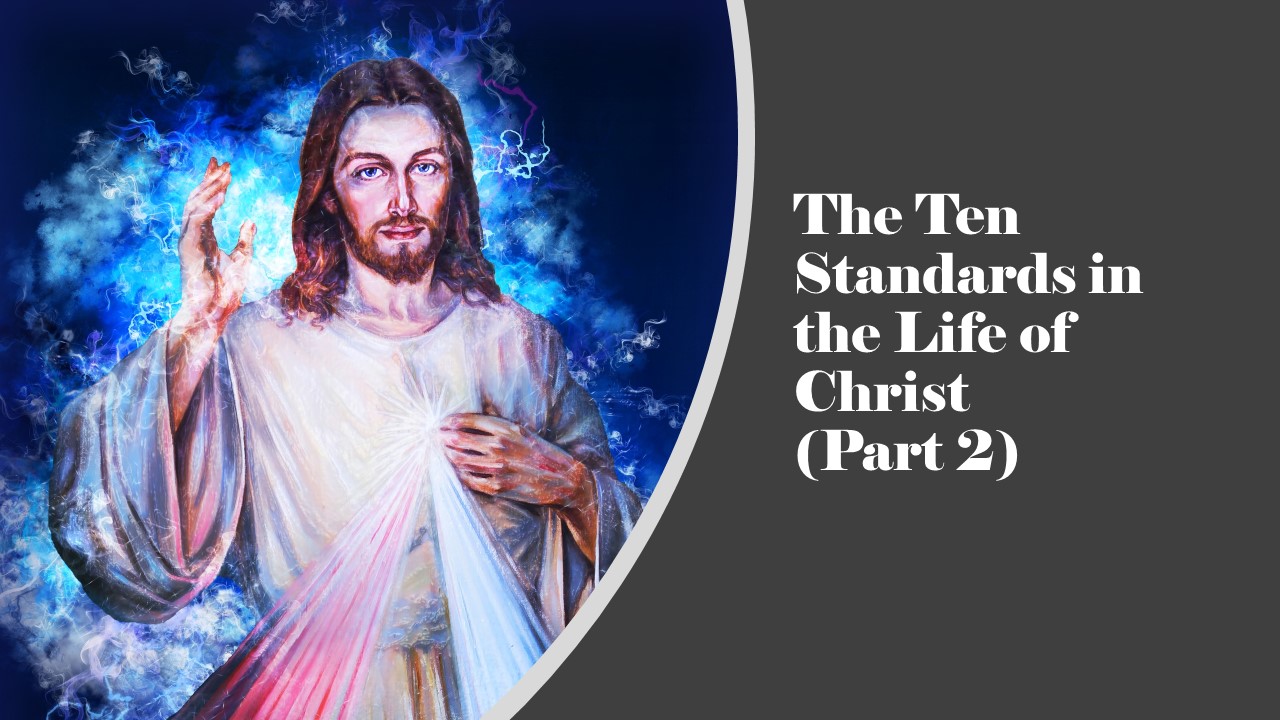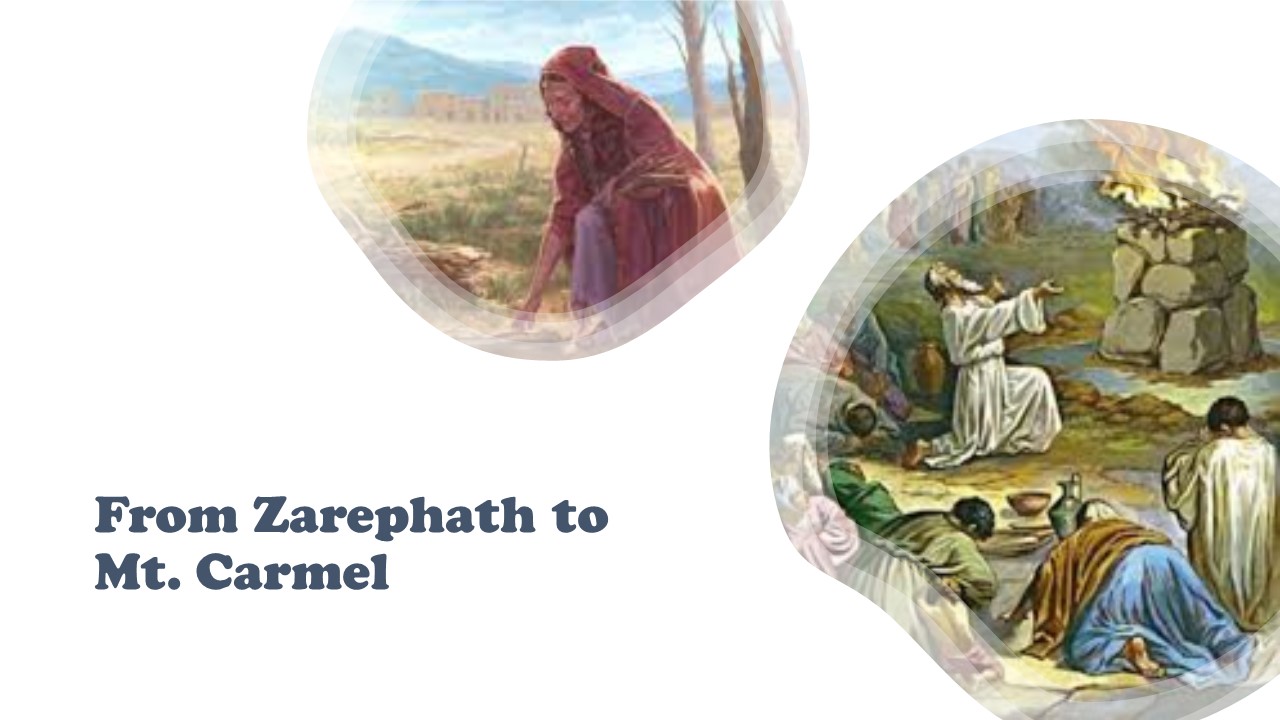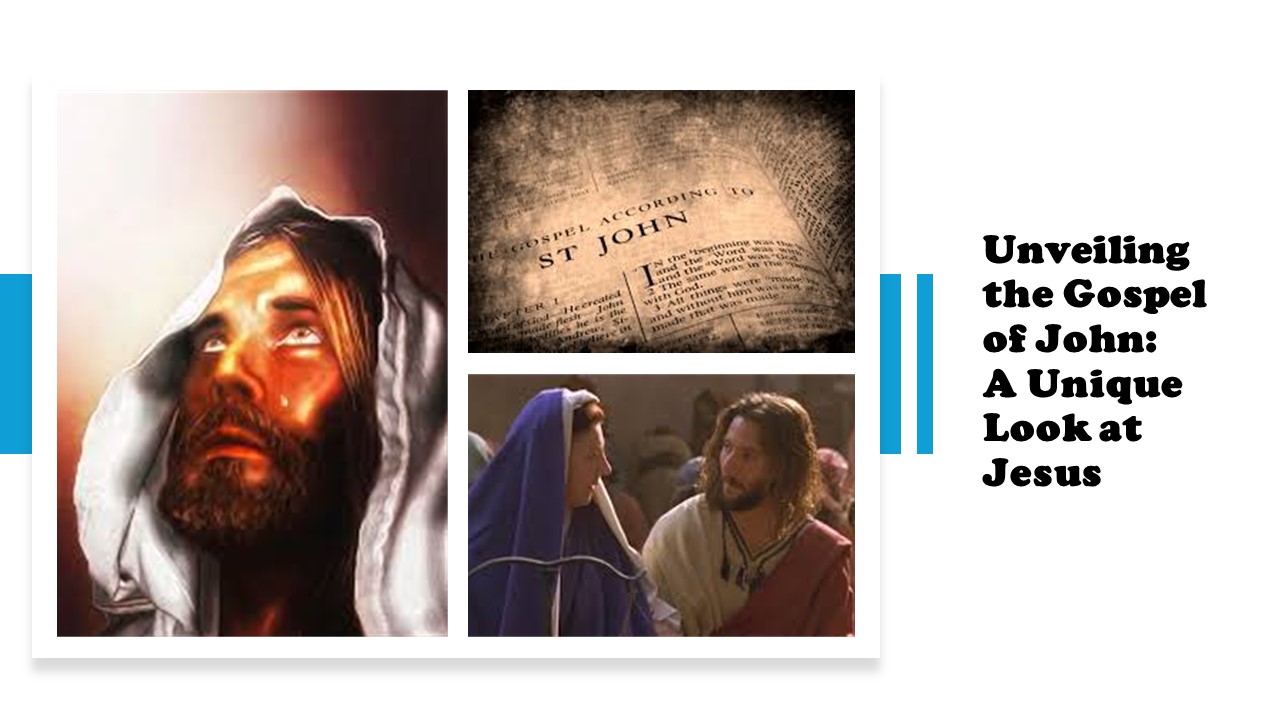In the Parable of the Weeds, Jesus addresses the perplexing question of why good and evil coexist in the world. He likens the kingdom of heaven to a field where a farmer sows good seed, representing the children of the kingdom. However, an enemy secretly sows weeds among the wheat, symbolizing the children of the evil one. This parable provides a powerful framework for understanding spiritual opposition, warning that not all brokenness is accidental and that there is a real enemy at work. Jesus cautions against judging by outward appearance, noting that weeds and wheat can look alike, a key lesson for his followers who expected a swift and decisive separation of the righteous from the wicked.
The parable highlights a central conflict between the human desire for immediate judgment and God's patient, merciful timing. When the servants discover the weeds and want to pull them up, the master says no, fearing they might uproot the good wheat along with them. This command serves as a warning against premature judgment and religious gatekeeping. It teaches that our role is not to purify the world or the church through force, but to trust in God's wisdom and timing. Though judgment is delayed, the parable promises that it is not denied; a final harvest will come, where God’s angels will perfectly separate the righteous from the wicked, a process that is mercifully postponed to allow for repentance and growth.
Ultimately, the Parable of the Weeds offers a profound glimpse into Jesus's character and mission. It reveals him as a patient and merciful sower who plants his kingdom in the midst of a messy world. Jesus defines his mission by fruit, not by fame, and he understands that spiritual growth is a battle against real opposition. His parable is a call to believers to endure, to examine their own hearts, and to live for the promised harvest. The presence of evil does not signal the kingdom's failure; it signifies an ongoing battle in which the victory is already secured. Believers are called to patiently grow in faithfulness, trusting that God sees, knows, and will ultimately act.

Jesus said that He did not come to destroy (or abolish) the law, but to fulfill it. In this episode, we consider how He...

Despite being associated with the worship of the pagan deity Baal, Zarephath became the place where God led Elijah during the drought. This decision...

The Gospel of John offers a distinct perspective on Jesus. John uses symbolic numbers, like seven "I Am" sayings, to highlight Jesus' identity. It...